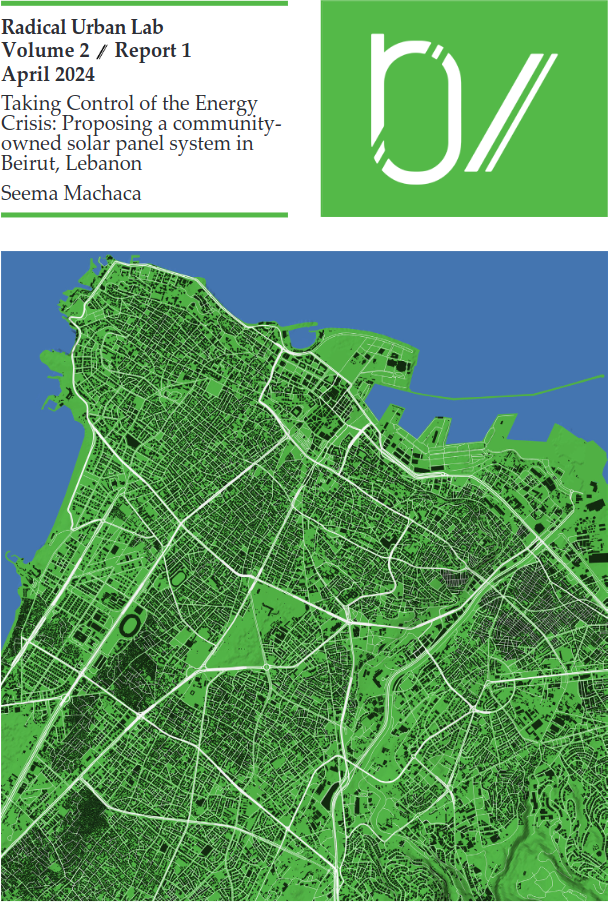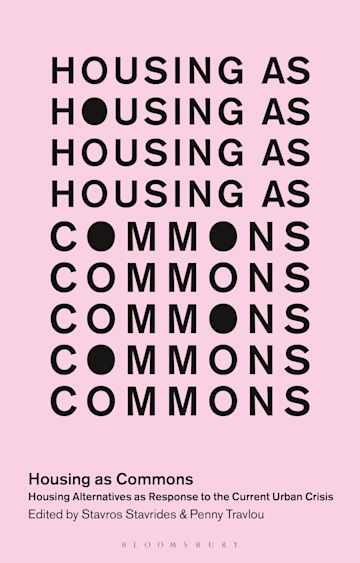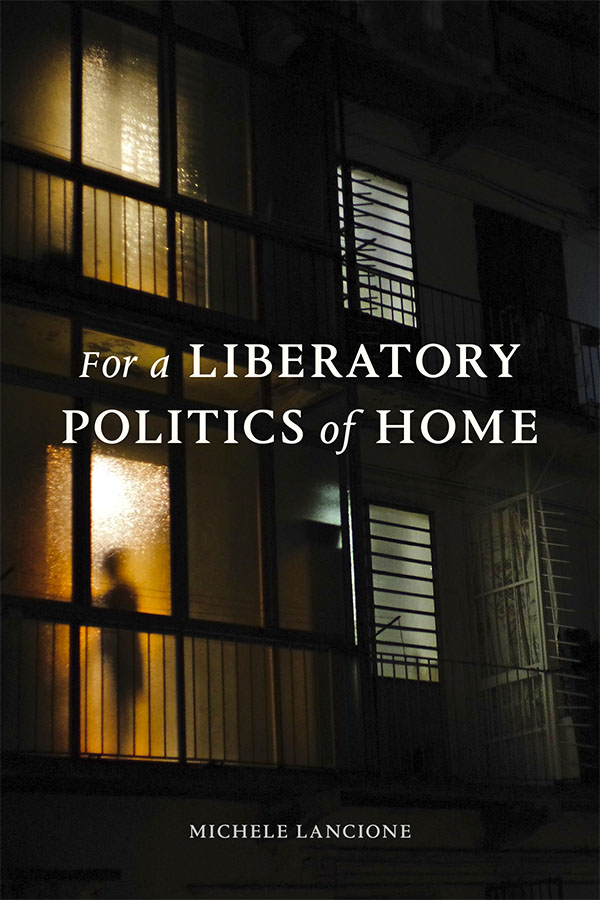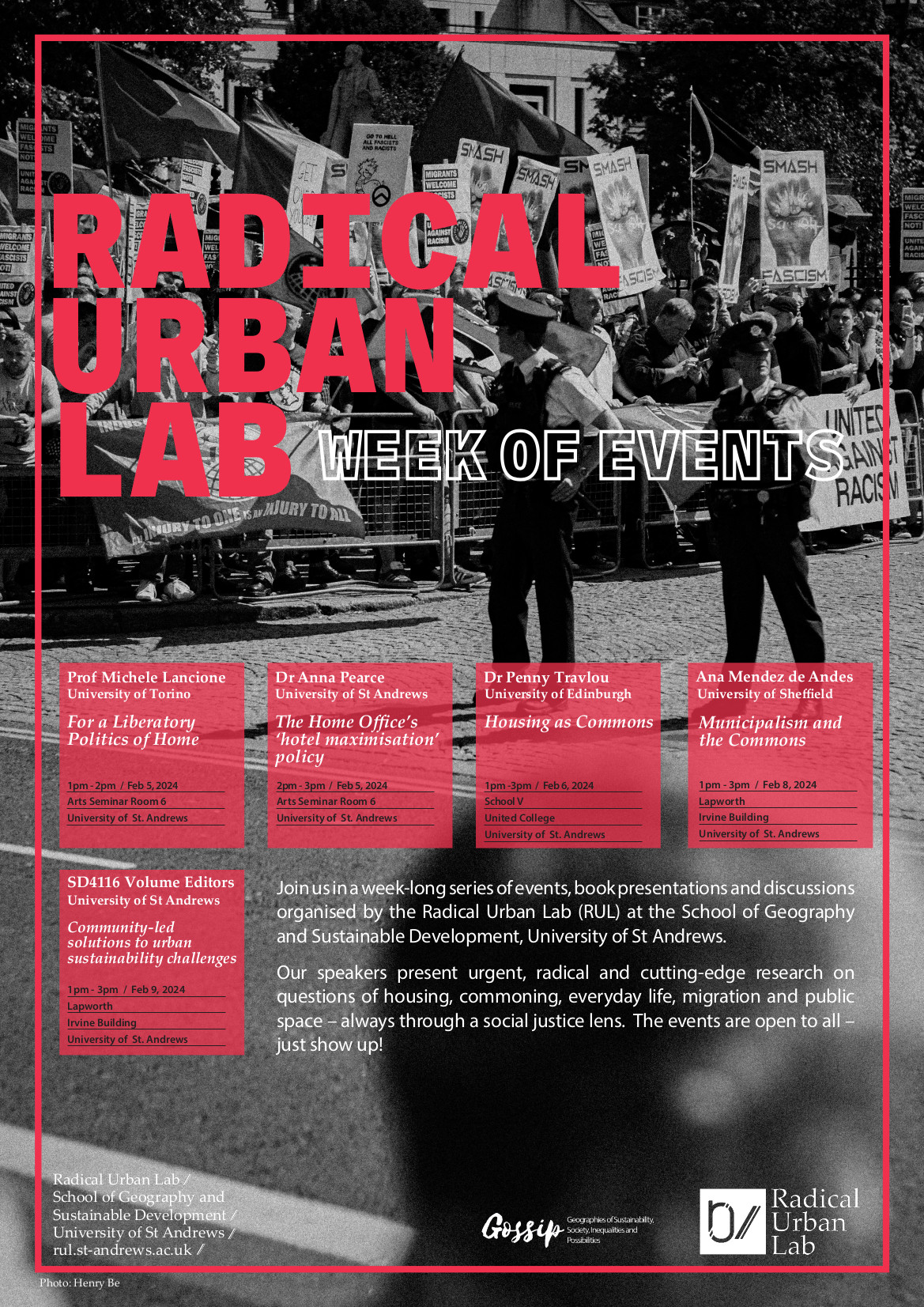How urban communities around the world help with our pressing sustainability challenges.

Figure 1: location, subject and authors of our community reports (links below).
What is the role of community today? How can it help us resolve or, at the very least, alleviate the seemingly immense pressures we are currently faced with, globally? What relevance is there even to the idea of community as such, at a time when social norms appear to tear tightly-knit communities apart? And is there really space for us to come together, discuss and act at a time in history when it feels as if the opposite is what is expected of us? These are some of the questions that swivelled in our minds as we got involved in a new module taught at the School, “Building sustainable, inclusive and just cities”. Week after week, as pandemic lockdowns the world over challenged our sense of community (our physical co-existence), we came to realise that the community spirit (our imagining of, and our ability to act together) was more important than ever.
During this time, we learned about different conceptions of space, from Henri Lefebvre’s ideas about space as inherently social, all the way to David Harvey’s impassioned call for the right to the city. Cities and urban areas, we came to realise, are all a product of capital accumulation. The fact that in the past, in similar times of crisis, periods of social upheaval have often ensued in urban areas, is enlightening, as it has been noted by many that COVID-19 has highlighted and perpetuated many structural inequalities all over the world. The added challenge of climate change (loss of habitat, the very real threat of a future lack of freshwater) as well as large-scale urban acquisitions all call for a reconceptualisation of how we think about urban spaces. Only by re-infusing the local into the urban can we perceive a sustainable urban future.
In this collection of local community reports you will now find the fruits of this collective effort. Communities are challenged around the world in a variety of forms: there are so many daunting, severe problems for people in every country and in every city. Our reports take highly localized sustainability problems and address them through small-scale, community-led solutions, breaking down insurmountable problems into manageable solutions, or at least mitigating them. Each report shows how strong communities are the antidote to unsustainable conditions in urban environments and that there is action that can be taken to improve our cities, communities, world, and our own lives. Specifically:
In Long Branch, Montgomery County, Maryland, Charlotte Caldwell examines the potential of community action against transit-oriented displacement; in Polígono Sur, Sevilla, Mikaela Carmichel directly addresses the Roma community in order to demand its right to, and improve the quality of housing; in Oxgangs, Edinburgh, Mollie Cochran looks at ways to address the area’s long-term health inequalities; in Rosengård, Malmö, Linda Eckefeldt traces the impact of urban regeneration processes on segregation and stigmatization in the area; in London, UK, Georgie Murrin proposes a community approach to urban sustainability by looking at the city’s housing crisis; in Portland, Oregon Moriah Hull examines the Dignity Village model as a potential community solution for the city’s housing insecure community. In Boulogne-sur-Mer, France, Mathilde Roze looks at the unique potential of Passage Siblequin in addressing territorial stigmatisation; in downtown Jersey City, New Jersey, Charlotte Silverman studies the vulnerability of the city to flooding and storms and looks at ways for the community to strengthen its position; In Drumchapel, Glasgow, Yvonne Smith looks at the area’s daunting health inequalities compared to some of its immediate neighbours; and in East Boston, Massachusetts, Georgina Steel offers recommendations in face of the area’s electrical substation, the latest environmental justice challenge in this overburdened community.
One final note about the geographical focus of these reports: their (often very) concise geographic focus could at first appear off-putting to a potential reader, who might fear that this knowledge would be too place-specific and therefore irrelevant to their own places of interest. On the contrary, it appears evident upon reading that the focus of these reports is a significant strength. By reflecting on the specifics of each place and developing practical and implementable solutions to those local issues, we aspire for our reports to present you, the reader, with a door to countless opportunities to adapt this knowledge to your own contexts.
The Collection Editors,
Moriah Hull, Linda Eckefeldt, Mathilde Roze and Antonis Vradis








